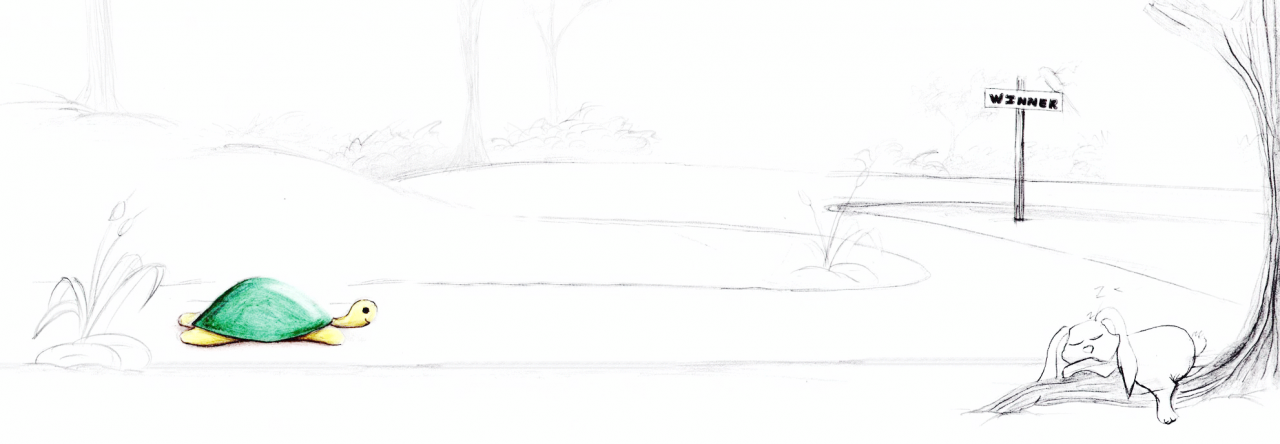“Reason is a slave of the passions.”
– David Hume.
The most amazing advantage of reading books is that from time to time we get an opportunity to be blown away by an idea or an approach towards a topic. We see this being mentioned again & again. Like Buffett being influenced by “The Intelligent Investor” or Tim Cook being moved by “Competing Against Time” or the famous Jeff Bezos’ Reading list & so on.
The beauty of being influenced by books is that it can be never ending. It leads to opening up of more unexpected avenues of learning, about ourselves & the world.
One such book  that shook my foundations in 2017 was Against Empathy by Paul Bloom. There’s a lot of discussion already available on the topic & the author. A simple Google search will open up all these resources. What I found to be the most useful from his work was the question of how effectively do we employ empathy in day to day decision making.
that shook my foundations in 2017 was Against Empathy by Paul Bloom. There’s a lot of discussion already available on the topic & the author. A simple Google search will open up all these resources. What I found to be the most useful from his work was the question of how effectively do we employ empathy in day to day decision making.
We have read countless number of times about humans as rationalising animals & not national ones. A nice quote goes a long way in illustrating the same point. “We’re not judges, we’re lawyers making up explanations after the deeds have been done”.
“Rationality gets you Hannibal Lecter & Lex Luthor“. I found this argument very simplistic & sensationalist in the beginning. But as I went along the book & the author’s arguments, it shows the complex nature of rational decision making. We tend to look at things rationally when the (un)fairness of the decision doesn’t affect us with the same intensity.
As long term investors we pass judgements on character, capability & capital allocation of other people. None of these things are simple to judge. An entrepreneur or a company’s management have to make decisions not just on the basis of rationality but to foresee the impact of their decisions more empathetically.
Maybe mass laying off of people is a more humane solution than keeping less effective people on the payroll, but all these decisions have dire consequences. We need to see from the point of view of the industry’s reputation, impact on the local economy, political ramification & future capital allocation towards training & recruiting employees.
The author takes us on this flip-flopping journey of highlighting the use of empathy to make better quality decisions & empathy obstructing good decision making. While making parenting choices, like making kids eat healthy food, make them do their homework, make them go to bed at a reasonable hour, take them to the dentist, vaccinate them, keeping kids away from phone screens at an early age, all lead to short term unhappiness for the child. However making an empathetic decision here will mostly leave parents to delay the unpleasantness as much as possible. However in reality most parents instill discipline by letting the kids suffer through the momentary unhappiness for a longer term goal.
Here the author makes a very good distinction between Compassion & Empathy (my views pg 37,38). The former can allow us to process the other person’s issues without mirroring the pain whereas the latter mirrors the pain & hence can cloud our judgement.
A mere blog post on this topic is like offering a wet towel to a person running an ultra-marathon, what he/she really needs is a full bottle of water with a dose of electrolytes.
I think books like these tend to bring our own biases on morality out in the open. It’s an achievement to an extent if, in our lives, we’re truly able to be reasonable without being a slave to our passions.

Leave a Reply